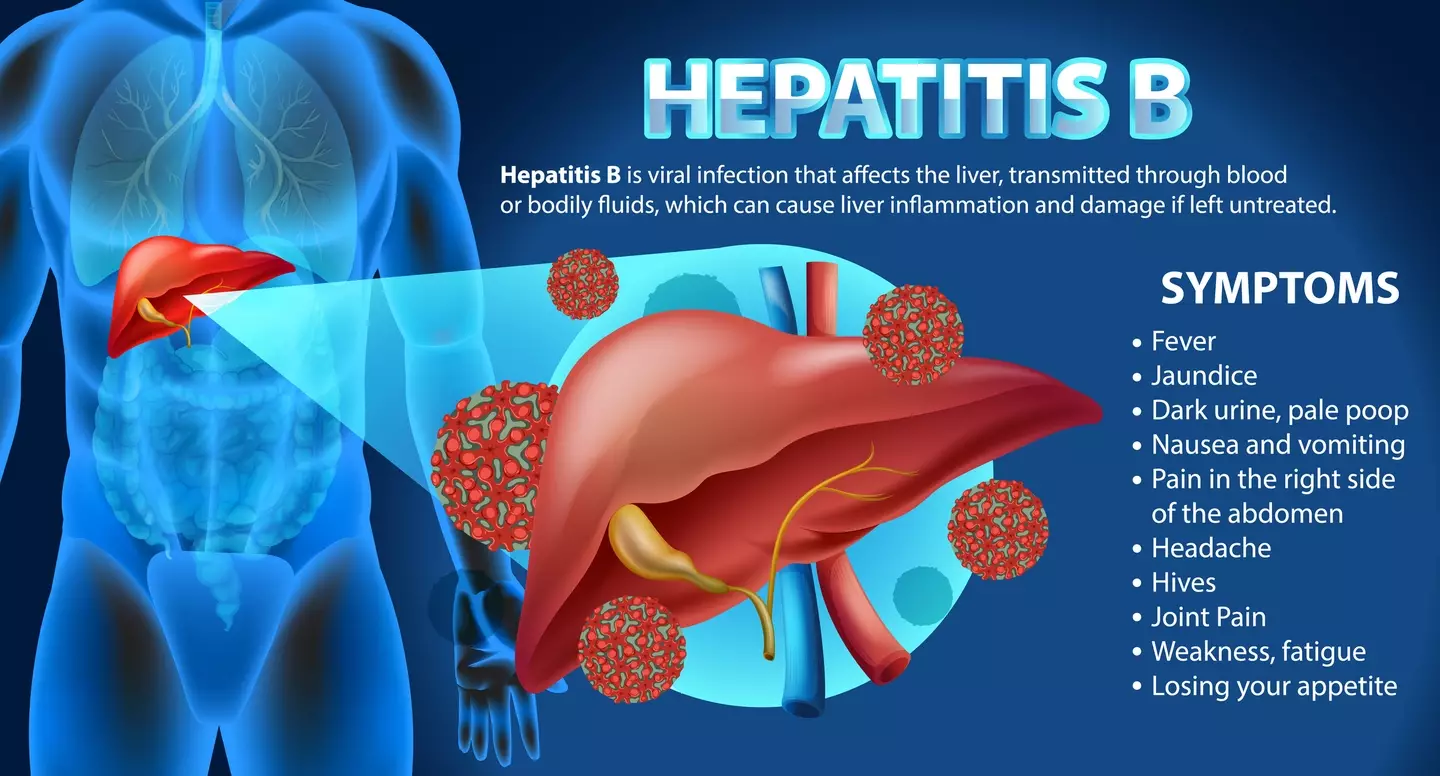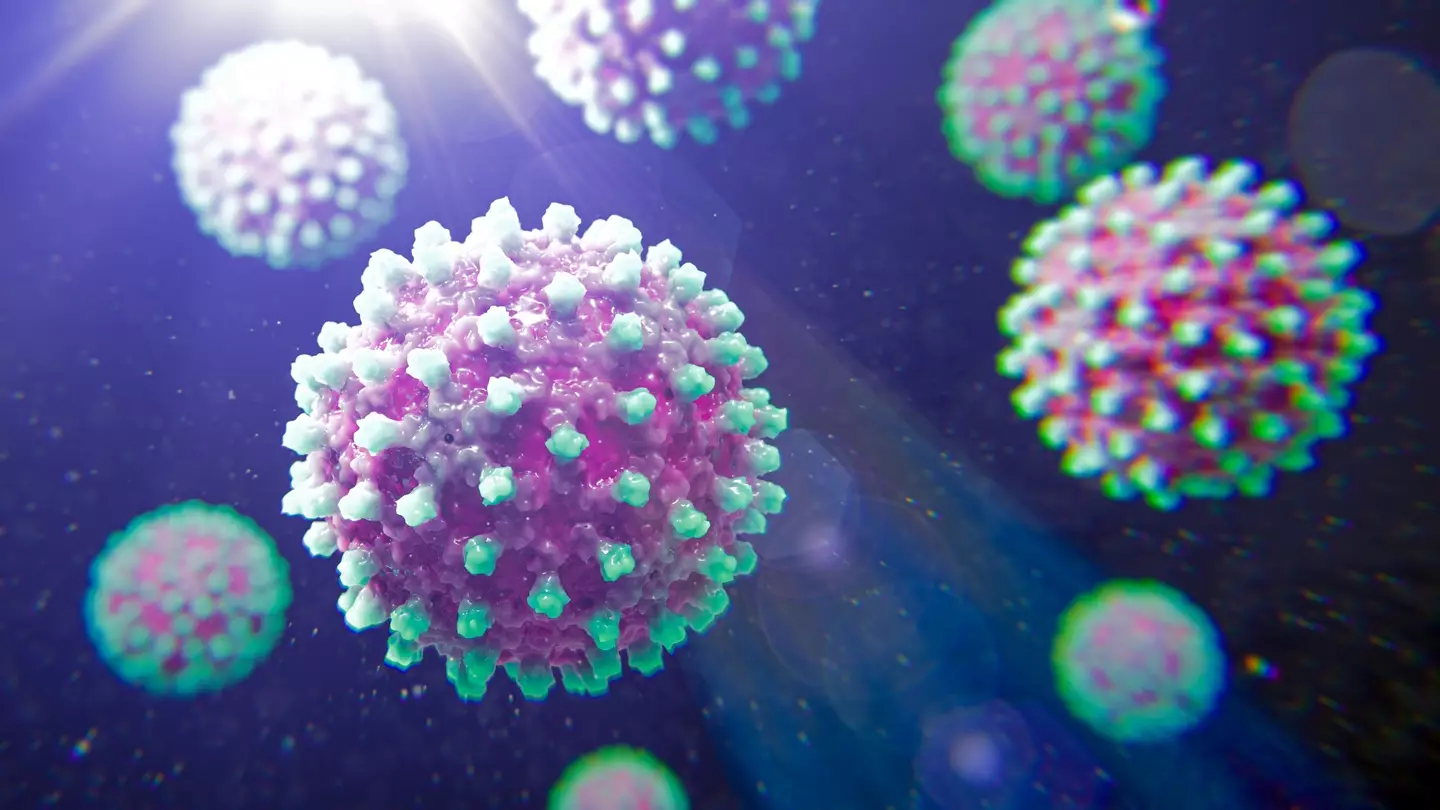
Topics: Donald Trump, Pregnancy, News, US News, Science, Health, Women's Health, Sex and Relationships

Topics: Donald Trump, Pregnancy, News, US News, Science, Health, Women's Health, Sex and Relationships
Donald Trump has left people confused with his many unproven health claims that have emerged this week, causing backlash around the world.
On Monday (22 September), during a press conference with Health and Human Services Secretary Robert F. Kennedy Jr., the US president claimed that women should stop taking Tylenol, known in the UK as paracetamol, during pregnancy as it was contributing to rising autism rates in children.
However, many medical experts have come out to squash the claims, including autism campaigners and scientists, as paracetamol has long been considered safe in pregnancy.
On top of this Trump also made the claim that hepatitis B is a sexually transmitted disease, which has caused more bewilderment.
Advert
During the conference, the Republican leader suggested there's no need for a hepatitis B vaccine for babies and children should instead get it when they are much older.

He said: "Hepatitis B is sexually transmitted. There's no reason to give a baby, that's almost just born, hepatitis B. I would say, wait till the baby is 12 years old and formed and take hepatitis B."
Trump went on to add: "I think if you do those things it's going to be a whole different - it's going to be a revolution, in a positive sense, in the country."
However, the Children's Hospital of Philadelphia (CHOP) explained that people are vaccinated as babies because half of young children with the disease are infected from their mother during birth, meanwhile, others can get it from members of their family.
Hepatitis B is a liver infection that can be passed on via blood, semen and vaginal fluids.
However, it can also be passed on in a slew of other ways, meaning while it can be sexually transmitted, it is not only sexually transmitted.
The National Institute for Health and Care Excellence (NICE) outlines that for high-prevalence areas, hepatitis B is most commonly spread through perinatal transmission or horizontal transmission from an infected child to an uninfected child during the first five years of life.
It's more infectious than other blood-borne viruses such as hepatitis C and HIV, and can survive outside the body on environmental surfaces for at least seven days.
As per the NHS website, the infection usually only lasts for a few months, but some people can have hepatitis B long-term.

You can get hepatitis B from:
If you're pregnant and have hepatitis B, you can also pass it onto your baby during pregnancy or birth.

As the NHS outlines, vaccination is the best way to prevent hepatitis B. In the UK, and the hepatitis B vaccine is given to babies as part of the 6-in-1 vaccine.
Babies born to mothers with hepatitis B are also given additional vaccinations to reduce the risk of them getting the infection.
Adults only need to get the hepatitis B vaccine if they're at high risk, for example, travelling to a high-risk country or you have liver or kidney disease.
You can also protect yourself by using a condom or dam when having vaginal, anal, or oral sex and avoid sharing razors, toothbrushes, and needles with others.